

0%


Хауэлл Р.
В журн.: Nous. 1973. Vol. 7. № 3. PP. 207–232.
“In the Critique of Pure Reason, the notion of representations being of, or standing for, objects is crucial. Kant’s chief problem in that book is to explain why and how mathematics, natural science, and metaphysics yield substantive a priori knowledge of objects. Such knowledge, he says, is obtainable because the mind embeds in its objects those very kinds of features about whose character and existence a priori knowledge is possible. This embedding is required if we are to have any empirical knowledge, for then, by the nature of a mental state’s representing an object in the knowledge about which that state is involved, the object must be represented as satisfying a priori perceptual and conceptual conditions. Specifically, Kant holds that a representation is of an object when the manifold, or variety, of parts which that representation contains is connected by the rule provided by a concept of the object.
When one realizes <…> that such representations have the property Brentano called intentionality, of standing for an object which need not exist or be the object of representation under each of its descriptions, deep parallels are revealed between Kant’s theory and the recent semantical interpretations Hintikka and others have developed for epistemic and perceptual concepts. Possible world semantics for such concepts then appears in an unexpected historical perspective, and itself offers a guide to a lucid, unitary interpretation of Kant’s work.
I want here to lay the basis for such an interpretation. In part II of this essay, I investigate Kant’s notions of intuition and judgment, and in part III I complete this investigation. Developing a purified view of intuition, I argue that empirical intuitions are for Kant analogues of demonstrative singular terms, and that synthesis of the manifold of intuition is a Kantian version of quantification into perceptual contexts. This purified view I defend and further display in part IV, having earlier availed myself of the full apparatus of Hintikka’s logic of perception. <…> Some remarks on the empirical self, things in themselves, and transcendental idealism in part V round out this discussion.”

